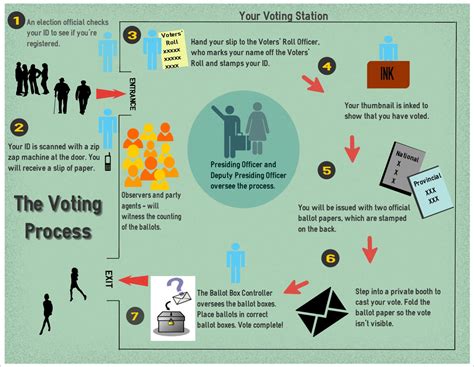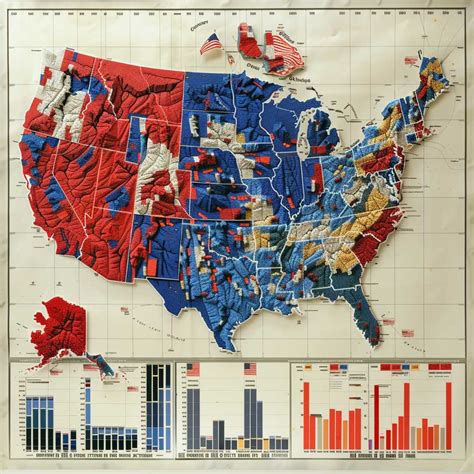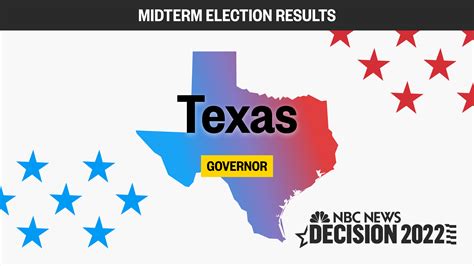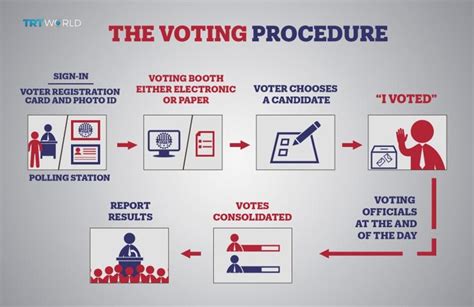Explore the significance, traditions, and global customs of Election Day, its historical context, and its impact on democracy and voter turnout.Election Day is a pivotal moment in democratic societies, serving as the cornerstone of civic participation and governance. As citizens eagerly prepare to exercise their right to vote, this day is steeped in rich traditions and historical significance that transcends borders. From the early practices rooted in ancient civilizations to modern-day ceremonies, Election Day reflects the collective will of the people, uniting communities in a shared democratic process. In this article, we will delve into the historical context of Election Day, the key traditions that define it, its profound significance in democracy, and how it influences voter turnout. Additionally, we will explore the diverse customs celebrated around the world and address frequently asked questions to enhance your understanding of this crucial day. Join us in uncovering the essence of Election Day and what it means for individuals and societies alike.
What Is Election Day And Its Historical Context
What is Election Day? Election Day is a designated date when eligible voters can cast their ballots for various political offices in elections. The establishment of Election Day dates back to the early 19th century, specifically in the United States, when Congress set the date as the first Tuesday after the first Monday in November for federal elections. This decision was made in 1845 to provide a standardized time for elections across the nation, allowing farmers and laborers to participate without conflicting with harvest time or market days.
Key Traditions Associated With Election Day
Election Day is steeped in various traditions that reflect the cultural and historical significance of the democratic process. These rituals not only enhance the participation of citizens but also foster a sense of community and collective responsibility. Here are some key traditions associated with Election Day:
- Voting Rituals: Many countries have formal voting rituals that include lengthy queues at polling stations, where citizens often socialize and discuss political topics while waiting.
- Polling Place Decoration: In some regions, polling places are adorned with flags, banners, and even flowers to create an inviting atmosphere for voters.
- Election Day Cuisine: Certain foods are synonymous with Election Day; for instance, in the United States, it is common for voters to enjoy coffee and donuts at polling stations or partake in local dishes associated with the region.
- Community Events: Many communities organize events such as barbecues, parades, or musical performances to celebrate the day, encouraging civic engagement and creating a festive environment.
- Informational Campaigns: Throughout the days leading up to Election Day, organizations and charities often run campaigns to educate voters about the voting process, available candidates, and key issues at stake.
- Post-Voting Celebrations: In some cultures, once the votes have been cast, there are celebrations, gatherings, or volunteer efforts to support candidates or reflect on the voting process.
Overall, these traditions not only enrich the experience of participating in the electoral process but also underscore the importance of civic engagement essential in a democracy.
What Is The Significance Of Election Day In Democracy?
The significance of Election Day in democracy cannot be overstated. It serves as a critical juncture in the democratic process, where the principles of representation and civic engagement converge. On this day, citizens have the opportunity to exercise their right to vote, shaping the future of their government and society. Here are some key aspects that highlight the importance of Election Day:
| Significance | Description |
|---|---|
| Empowerment | Election Day empowers individuals by providing them a voice in political decision-making, allowing citizens to influence policies that affect their lives. |
| Legitimacy | The outcome of elections conducted on this day legitimizes the elected officials and ensures they have a mandate from the people to govern. |
| Civic Responsibility | Participating in elections instills a sense of civic duty and responsibility among citizens, promoting active involvement in the democratic process. |
| Accountability | Election Day allows voters to hold elected officials accountable for their actions during their tenure, fostering transparency in governance. |
| Social Capital | Gathering on Election Day can strengthen community bonds and social capital, fostering discussions and dialogues among diverse groups of people. |
What is more, the legislative outcomes of Election Day can lead to significant societal changes, influencing issues ranging from healthcare to education to social justice. As such, the significance of Election Day in democracy extends far beyond the ballots cast; it represents the collective will of the people and the fabric of democratic governance itself.
How Election Day Impacts Voter Turnout
Election Day plays a pivotal role in influencing voter turnout across various demographics. Understanding how this day impacts participation can shed light on the broader implications for democracy and civic engagement.
One of the primary factors is the what is aspect of Election Day itself; the clarity and importance of the event often motivate individuals to exercise their right to vote. Public awareness campaigns that highlight the significance of the day can significantly boost turnout numbers. For instance, when communities mobilize to remind citizens of the impending Election Day, they create a sense of urgency and responsibility, prompting more people to participate.
The convenience of the voting process on Election Day also plays a crucial role. Locations often provide extended hours and easy access for voters. This can lead to increased turnout, especially in communities where transportation may pose a challenge.
Moreover, social influences cannot be understated. When friends, families, and communities actively discuss and promote their participation on Election Day, it creates a culture of voting that encourages more individuals to head to the polls. Peer pressure in a positive sense can be a powerful motivator.
Additionally, specific traditions and practices around Election Day, such as community gatherings and celebrations at polling places, can enhance the voting experience and motivate more people to participate. This communal atmosphere fosters a sense of belonging and shared responsibility, which can transform the act of voting into a celebration of democracy.
Election Day significantly impacts voter turnout through public awareness, accessibility, social influences, and communal traditions. Understanding these factors helps in assessing the health of a democracy and the level of civic engagement within the population.
Celebrating Election Day: Customs Around The World
Election Day is not only a time for civic duty but also a rich tapestry of traditions celebrated in unique ways across the globe. Different countries have adopted various customs that reflect their cultural values, historical significance, and the importance of democracy. Here are some notable customs associated with What Is Election Day worldwide:
| Country | Custom |
|---|---|
| United States | In the U.S., it is a tradition for voters to sample local treats, such as cookies and apple cider at polling stations. Many also participate in community activities, including lively debates and educational events leading up to the election. |
| Australia | Australians often celebrate What Is Election Day with “democracy sausages” – barbecues held outside polling stations where voters enjoy a sausage sandwich after casting their votes, fostering community spirit. |
| India | In India, Election Day is marked by the ‘Vote for Your India’ campaign, where citizens are encouraged to celebrate their voting rights through music, dance, and parades in various regions. |
| Switzerland | In Switzerland, citizens often gather for communal meals and discussions about the ballot, making it a participative festivity where everyone has a voice. |
While the customs may differ, the underlying theme remains the same: a celebration of democratic processes and active participation in molding the future of each nation. These traditions not only enhance the overall experience of What Is Election Day but also serve to strengthen community bonds and civic pride among the electorate.
Frequently Asked Questions
What is Election Day?
Election Day is the day set by law for the general elections of the United States, during which voters go to the polls to cast their ballots.
Why is Election Day significant?
Election Day is significant because it represents the democratic process where citizens exercise their right to vote, impacting the governance and leadership of their country.
When is Election Day held in the United States?
Election Day is typically held on the first Tuesday after the first Monday in November.
What traditions are associated with Election Day?
Traditions associated with Election Day include wearing ‘I Voted’ stickers, gathering with family to discuss the election, and hosting or participating in local events or activities related to voting.
How do different cultures celebrate Election Day?
Different cultures may celebrate Election Day in various ways, such as through parades, public speeches, community gatherings, and special ceremonies, highlighting civic pride and the importance of participation.
What are common challenges faced on Election Day?
Common challenges on Election Day include long lines at polling stations, issues with voting machines, voter intimidation, and misinformation about voting procedures.
How can people prepare for Election Day?
People can prepare for Election Day by researching candidates and issues, checking their voter registration status, knowing their polling place, and planning their visit to the polls to avoid long waits.









